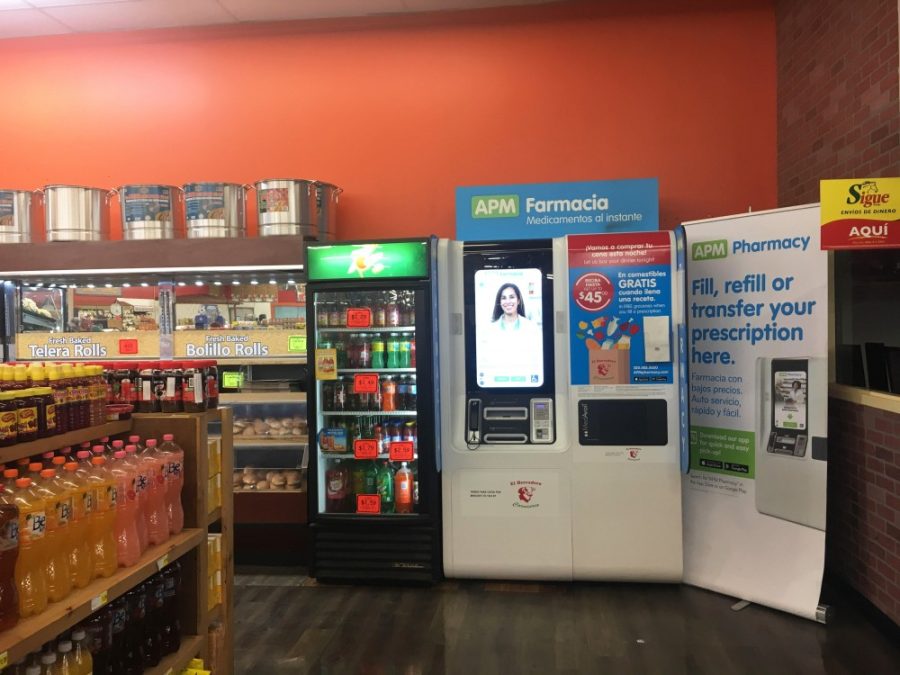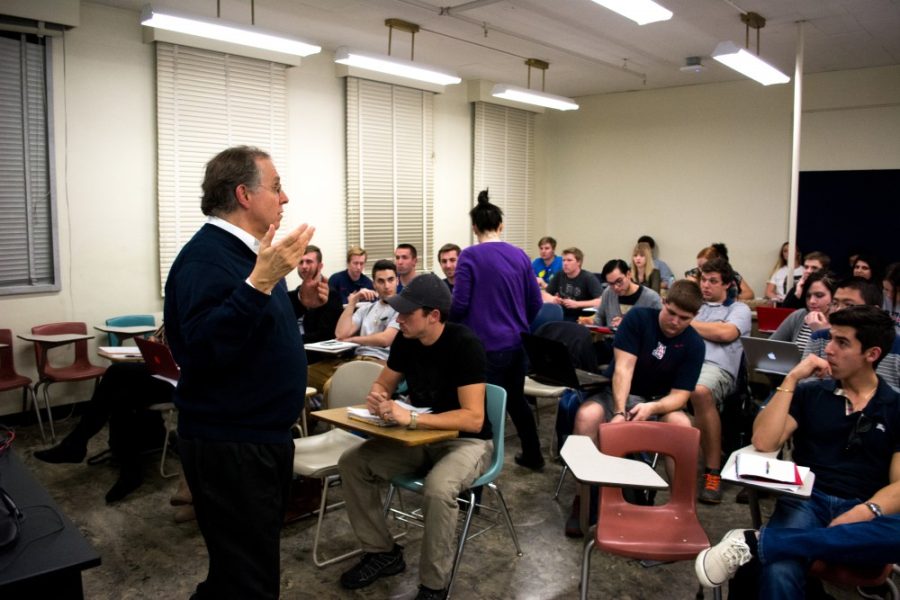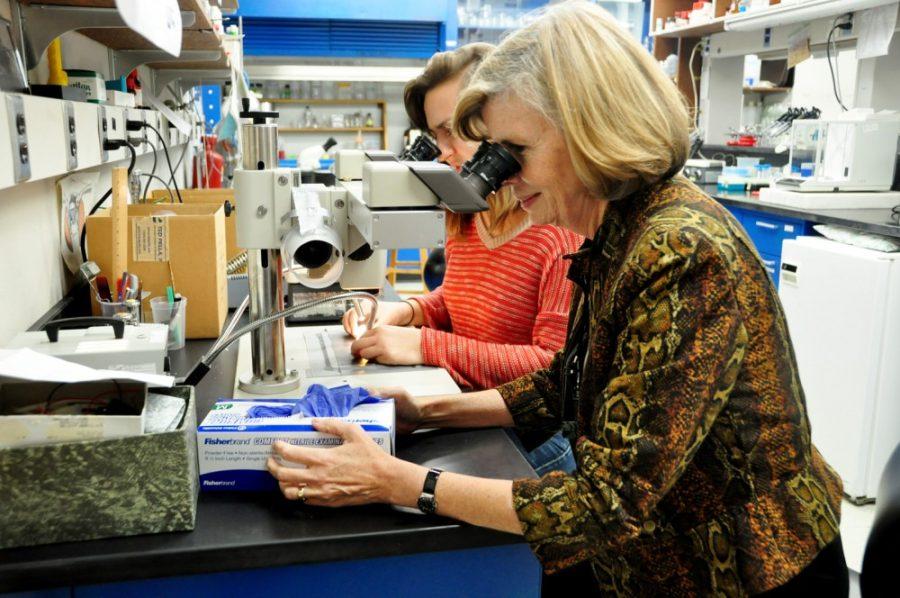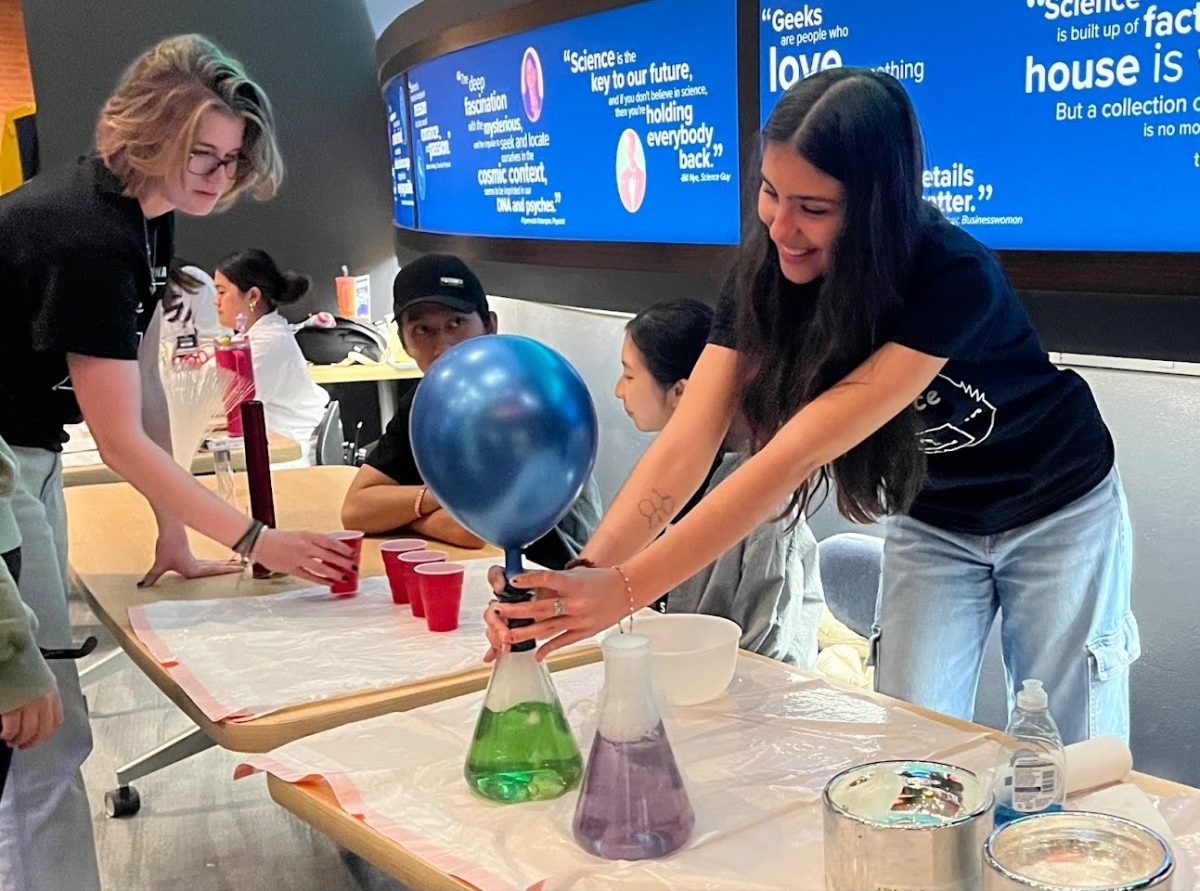If you hate standing in line to fill a prescription, then good news: MedAvail Technologies has deployed pharmacy kiosks in Tucson and Phoenix as a solution.
These kiosks have all the functionality of a brick-and-mortar pharmacy, according to Seema Siddiqui, MedAvail’s director of pharmacy, and patients won’t lose face-to-face interaction with a pharmacist because the kiosks have a video chat function.
“The machines are an extension of a home pharmacy, and it’s all controlled from the home pharmacy,” Siddiqui said.
The way the kiosks work is simple: A person taps the start button that calls a pharmacist, who then comes up on a screen. The patient inserts their prescription into a slot where it’s scanned, and the pharmacist reviews it and does a consultation. The patient signs the screen, and the pharmacist instructs the kiosk to fill the prescription.
The kiosk labels the bottle and prints instructions. It all drops into the dispensing area, the door of which opens, then closes after a set amount of time. For patient privacy, anything left behind drops out.
Siddiqui said the prescription is deposited into a bin and by law is allowed to stay in the kiosk for 30 days, but their technicians empty the bins every other day. People can pick up a handset and speak to the pharmacist for greater privacy as well.
Right now, the kiosks don’t hold any controlled substances, but Siddiqui said MedAvail is working with the DEA to eventually dispense such medications safely. The kiosk vaults have 680 bins that hold different medications.
As for security, Siddiqui said there have not been any break-in attempts thus far, and the kiosks are quite secure, weighing 2,000 pounds while bolted to the floor. The screens are backed with stainless steel, and there are separate doors to access different areas. Each door requires an access card and pin code.
Additionally, the vault is almost never opened – even for stocking. When restocking, the bottles are placed in the stocking door, and the kiosk scans the barcodes and restocks the vault itself. As an extra layer of security, the kiosks are always placed in view of a security camera.
Kiosks cannot be placed outside as they don’t have the ability to control their own temperature.
Mark Lander, MedAvail general manager, said a plus of the kiosk was that someone, for example — Yosemite Sam — could walk into a pharmacy with guns and intimidate someone behind the counter with a threat of force, but he couldn’t intimidate a machine that way.
Lander said they want to put kiosks where prescriptions are written, where people work and where people live – it’s all about accessibility and a better patient experience.
“Sometimes people don’t fill scripts right away, because they need to get back to work,” Lander said. “Now, you can fill them while you’re at work.”
Maryam Fazel, University of Arizona assistant professor in the Colleges of Pharmacy and Medicine, said the accessibility would make the kiosks key at places like behavioral health clinics and college campuses.
“The accessibility is one thing I really liked, because I have kids in school and it can be hard for them to get to Campus Health to pick up prescriptions,” Fazel said.
Lander said there’s also an app patients can use for even greater efficiency, and there’s the potential for over-the-counter medications to be dispensed from kiosks, too.
While Fazel liked the idea of the machines, she said a point of clarification should be made.
“You have to remind providers that they really need to have a designated pharmacist to run this,” Fazel said. “This is not about cutting pharmacy hours or pharmacists; this is about the patient experience, and this is really close to my heart.”
Will Misloski, MedAvail chief marketing officer, said these kiosks are meant to make people’s lives easier in an area they don’t always think about.
“Everyone has kind of accepted the current pharmacy experience, where you have to go there and wait in line, but that’s what we’re solving for,” Misloski said.
Follow Marissa Heffernan on Twitter















